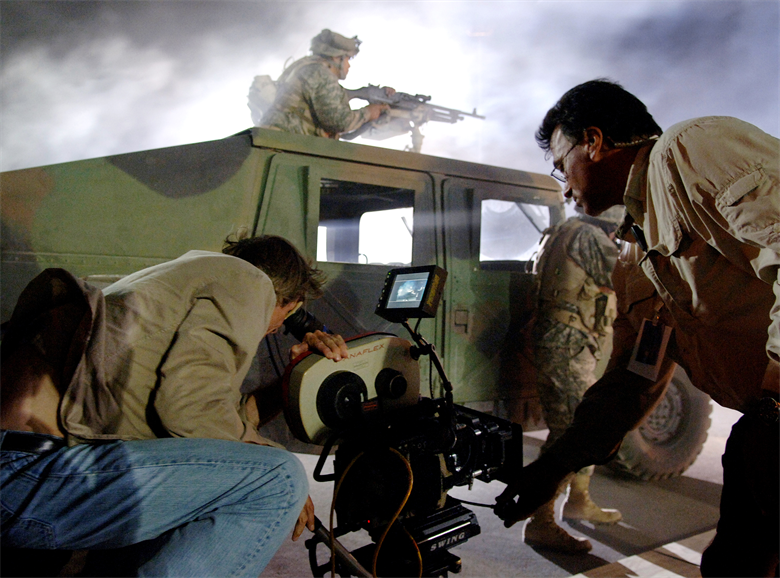No one wants to be preached at, unless they’re in a church or gathering to listen to a politician spew out his or her alleged values.
This is the reason many people roll their eyes when you utter the word “themes” in regards to a story. They think of the childish “moral of the story,” though professional storytellers know that every solid story has a theme, in one way or another. It could be something obvious like promoting traditional family values, young love or the horrors of war. It could also be something subtle like the emptiness of death or loneliness, or the idea that life is meaningless, or simply appreciating the small things in life. All of these ideas can be conveyed in heavy-handed ways or in nuanced ways, and both can be tasteful.
A theme is just the act of exploring the human experience. It speaks to something we all understand, to some degree. Every successful movie at least pretends to have something at the heart of it, otherwise we would literally have nothing but action or sex or comedy the whole time. This is also what makes good movies accessible to everyone. You don’t have to have served in the military to understand at least a sliver of the brotherhood portrayed in “Fury.” Without those themes woven into the plot, it would really only be truly accessible to WWII tanker veterans.
The difference isn’t whether or not a good movie has a theme — the difference is how that theme is communicated. And while we’re on the topic of war films, you generally see two sorts these days:
The anti-war or pro-war film that preaches in your face: The anti-war side is more common, preaching the broken veteran and horrors of war trope that we’ve seen over and over again. It might be “pro-soldier” in the sense that it pretends to care about the soldier while despising the war, but it usually comes off as shallow and inauthentic. The story has little to no heart and will likely be forgotten soon after its release, even by those who share the sentiment.
The war movie that speaks to the heart of something: “Saving Private Ryan” spoke to the visceral brutality of war, and the courage of those that rise to the occasion to meet it. “Dunkirk” speaks to the tension and fear that surrounds war, as opposed to the sheer violence that has been done well many times before.
The interesting thing is — the preachy war movies don’t do well, even in anti-war circles. Because, more than they hate opposing ideologies, people simply don’t like poorly made movies.
As I said before, the trick (in one writer’s opinion) is to find the heart of the subject. “Black Hawk Down” isn’t about Somalia, it isn’t about the military — it’s about brotherhood. It’s about courage. It’s about those base human qualities and experiences that everyone can relate to, to some degree.
I have seen pacifistic or anti-war movies where I disagree with the message on an intellectual level, but I still like the movie and would even recommend it to others. I just like good movies, along with everyone else.
Featured image courtesy of the USAF.
Already have an account? Sign In
Two ways to continue to read this article.
Subscribe
$1.99
every 4 weeks
- Unlimited access to all articles
- Support independent journalism
- Ad-free reading experience
Subscribe Now
Recurring Monthly. Cancel Anytime.











COMMENTS